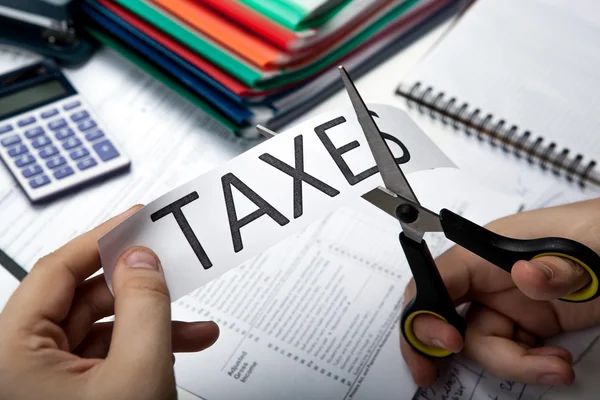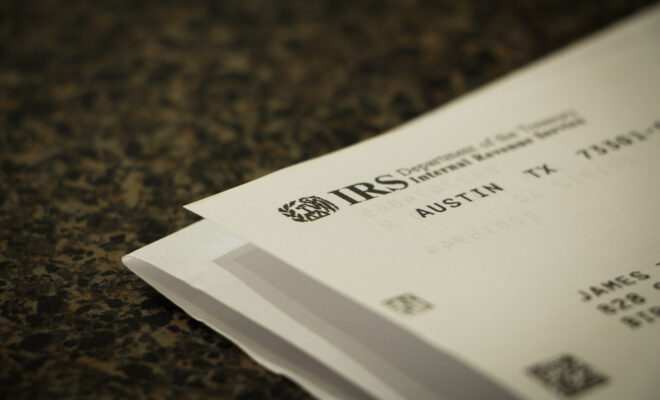Top Tax Deductions for Small Businesses

Tax season can be a daunting time for small business owners. However, understanding the available tax deductions can significantly ease the financial burden. Leveraging these deductions not only reduces taxable income but also maximizes business savings. Here’s a comprehensive guide to the top tax deductions for small businesses, ensuring you make the most of the opportunities available. Consulting with an experienced accountant in Colorado Springs, CO, can also provide personalized advice to optimize your tax strategy.
1. Home Office Deduction
Qualifying for the Home Office Deduction
If you use a portion of your home exclusively for business purposes, you may qualify for the home office deduction. This deduction can include a portion of your rent or mortgage interest, utilities, insurance, and maintenance costs. To qualify, the space must be used regularly and exclusively for business activities.
Calculating the Deduction
There are two methods to calculate the home office deduction:
- Simplified Method: Deduct $5 per square foot of your home used for business, up to a maximum of 300 square feet.
- Regular Method: Calculate the actual expenses related to your home office. This method requires detailed record-keeping but can result in a larger deduction.
2. Vehicle Expenses
Mileage Deduction
If you use your vehicle for business purposes, you can deduct the associated expenses. The IRS offers two methods for calculating vehicle expenses:
- Standard Mileage Rate: Multiply the number of business miles driven by the standard mileage rate set by the IRS (currently 56 cents per mile for 2021).
- Actual Expense Method: Track all vehicle-related expenses, including gas, oil, repairs, insurance, and depreciation, and deduct the business-use portion.
Record-Keeping
Maintain detailed records of your business mileage and expenses. A mileage log or mobile app can help track your trips accurately.
3. Business Meals
Deductible Meals
You can deduct 50% of the cost of business meals if they are necessary for conducting business. This includes meals with clients, partners, or employees where business discussions take place. Ensure you keep receipts and note the purpose of the meal and attendees.
Temporary 100% Deduction
For 2021 and 2022, the IRS allows a temporary 100% deduction for business meals purchased from restaurants. This provision aims to support the restaurant industry during the COVID-19 pandemic.
4. Office Supplies and Equipment

Deductible Supplies
Office supplies such as paper, ink, pens, and postage are fully deductible. Keep receipts and track these expenses throughout the year.
Equipment Depreciation
Larger office equipment purchases, like computers, printers, and furniture, can be depreciated over several years. Alternatively, the Section 179 deduction allows you to deduct the full cost of qualifying equipment in the year it is purchased, up to a specified limit.
5. Professional Services
Legal and Accounting Fees
Fees paid for professional services, such as legal advice, tax preparation, and accounting, are fully deductible. These services are essential for maintaining your business’s financial health and ensuring compliance with tax regulations.
Consulting Services
Expenses related to consulting services aimed at improving your business operations are also deductible. This includes marketing consultants, business coaches, and IT services.
6. Employee Salaries and Benefits
Wages and Salaries
The wages and salaries paid to employees are deductible expenses. This includes regular pay, bonuses, commissions, and other forms of compensation.
Employee Benefits
Benefits provided to employees, such as health insurance, retirement plan contributions, and education assistance, are also deductible. These benefits can enhance employee satisfaction and retention, benefiting your business in the long run.
7. Rent and Utilities
Office Rent
If you rent office space for your business, the rent payments are fully deductible. Ensure you have a formal lease agreement and maintain records of your payments.
Utilities
Utility expenses for your office, such as electricity, water, and internet, are also deductible. These costs are necessary for maintaining your business operations.
8. Insurance Premiums
Business Insurance
Premiums paid for business insurance policies, including liability, property, and workers’ compensation insurance, are deductible. These policies protect your business from various risks and are essential for long-term stability.
Health Insurance
If you are self-employed, you can deduct health insurance premiums for yourself, your spouse, and your dependents. This deduction can significantly reduce your taxable income.
Conclusion
Taking advantage of available tax deductions can substantially reduce your business’s taxable income and increase your overall savings. It’s essential to keep detailed records and understand the specific requirements for each deduction. For personalized advice and to ensure you’re maximizing your deductions, consider consulting with an experienced accountant in Colorado Springs, CO. They can provide tailored guidance and help you navigate the complexities of small business taxes, ensuring you stay compliant and financially healthy.







